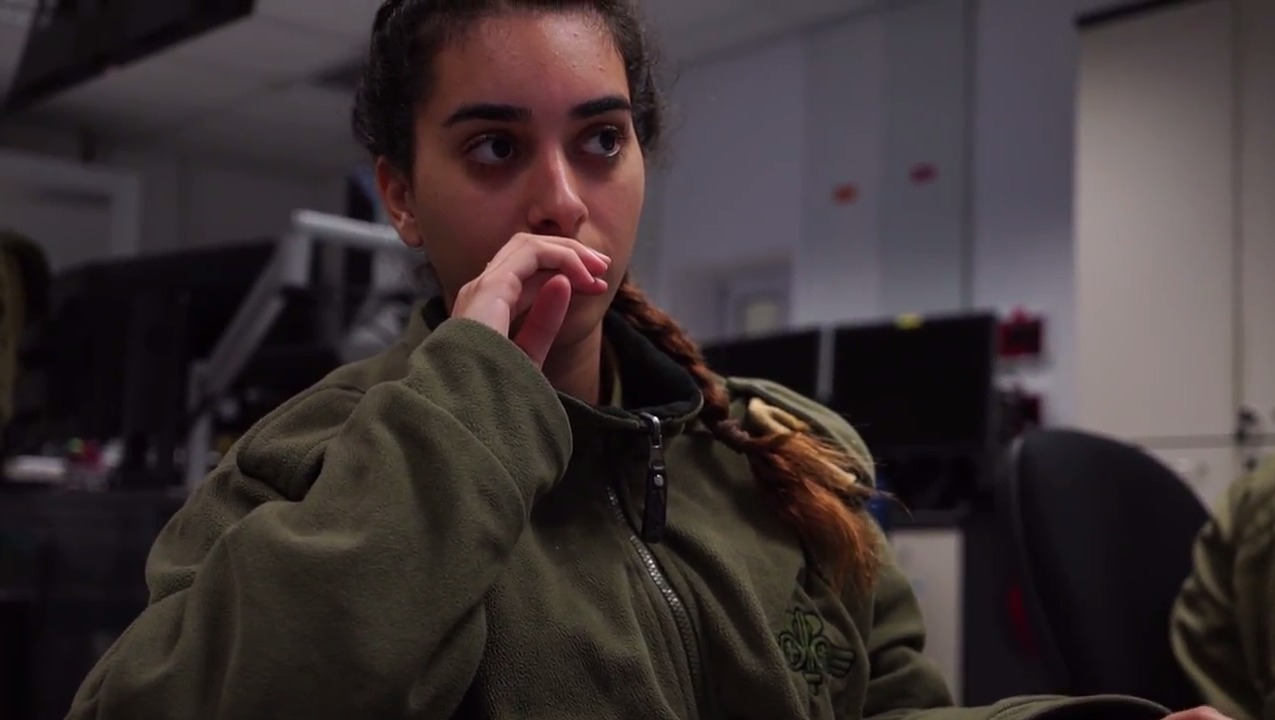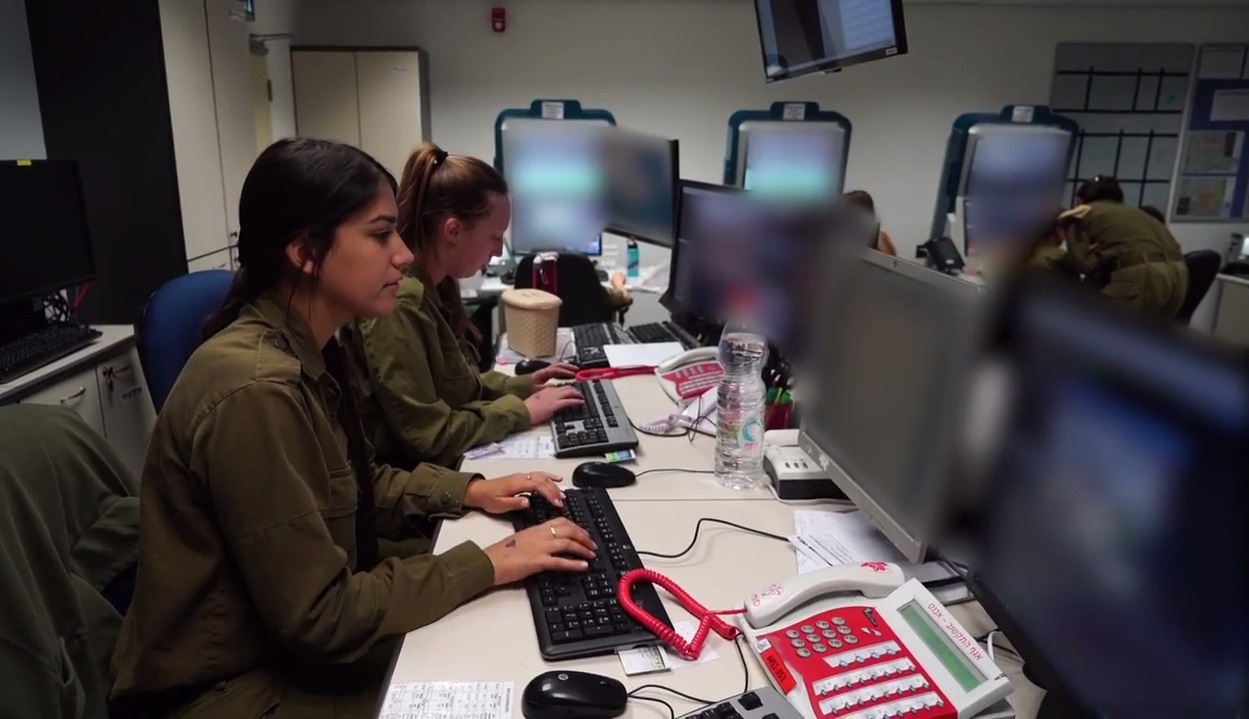These Women Are Always on the Lookout for a Hezbollah Attack
On Israel’s border with Lebanon, all seems quiet. Just minutes away, IDF soldiers are watching those scenes with different eyes, on the lookout for a Hezbollah attack – and what they find can be a matter of life and death.
Outside, the view is peaceful and pastoral. There’s no indication that the villages and towns are controlled by the global terror group Hezbollah, whose rhetoric calls regularly for the destruction of Israel. Hezbollah is currently entangled in the war in Syria. This keeps the border quiet, as Israel doesn’t want an escalation – and Hezbollah can’t afford it.
We know that the quiet on the border is a deceptive quiet. If Hezbollah decides that the time is right to reopen a southern front, we need to be as prepared as possible to minimize the damage and respond quickly. This means knowing our enemy, and this is exactly what the IDF is looking out for.
Eyes on the field
![]()

In small rooms fortified by concrete blocks, about a dozen soldiers at a time man the Lebanon border’s control rooms. They sit in front of stations, each one scanning multiple screens that broadcast tens of images and live feeds at once. In one control room, just steps away from the border fence, a soldier calls to her officer. She can see a jeep traveling parallel to the fence, and she isn’t familiar with it. She enhances the video – like in the movies – and tracks it along the road. She does not take her eyes off the screens for a second; missing even a moment can mean losing vital information.
The soldier, Cpl. Maya, explains what she sees, her eyes fixed on the collage of images and streams in front of her. “We know all of the cars, houses, and people on the border. We know who’s from Hezbollah and who’s from the Lebanese Army, and who just came for hunting season.” Hezbollah operatives regularly approach the border to photograph the military posts – collecting intelligence of their own. They operate in plainclothes, which makes the job of identifying them even more difficult, and even more important in an emergency.
![]()

Hezbollah members watching the Israeli border
A Demanding Job
This IDF base’s control center soldiers are all women, and nearly all of them are under the age of 20. After completing basic training and an advanced course, they leave home for weeks at a time to man their stations in four-hours-on, eight-hours-off shifts. The atmosphere in the control room is relaxed, even fun. The girls joke and laugh with each other from their stations across the room. “We don’t go home a lot, and we work long shifts together, so we’re really close,” Cpl. Dana says. “We celebrate holidays together. I see [the other control room soldiers] more than my own family.” Even though the work is demanding and thankless, they understand just how important it is.


By keeping close watch on specific targets, and carefully analyzing unknowns, the women of the control room collect vital data. “Not everyone understands what we do,” Cpl. Dana says, “but the combat soldiers know how important our work is. When they guard the border and do operational activity, they tell us to watch out for them, they say ‘you’re my eyes.’” Soldiers in the field may be unfamiliar with the terrain, and every truck and figure may be an approaching enemy. But control room soldiers spend days and nights watching this border, and know exactly who and what poses a threat.


Guarding Home
In wartime, the intelligence collected by the control room makes all the difference – because of their constant observation, our forces will know which houses to search and which vehicles and people to look out for. If the IDF needs to respond to a Hezbollah attack, accurate information means more accurate, targeted strikes.
Both Cpl. Maya and Cpl. Dana come from towns in the north, not far from the base where they’re serving. If Hezbollah were to launch an attack that threatened Israel’s northern border, they and their fellow control room soldiers would be the first to identify it. “I really wanted to serve here because it’s close to home,” Cpl. Dana says. “We experienced the Second Lebanon War, and it’s meaningful to be here and watch over my home – it really is home.” Cpl. Maya agrees: “if something happens, it’s my home I’m protecting.”

